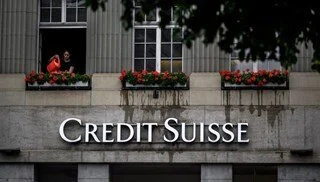As the 2024 presidential election approaches, the battle lines are drawn between key candidates, and the influence of billionaire backers has never been more prominent. Vice President Kamala Harris and former President Donald Trump are two leading figures in the race, each drawing support from a distinct set of wealthy donors who play a significant role in shaping the political landscape.
Kamala Harris, as the incumbent vice president, has garnered support from a range of influential billionaires who prioritize progressive policies. Notable figures such as George Soros and Laurene Powell Jobs have openly backed her campaign, emphasizing their commitment to social justice, climate change initiatives, and expanding healthcare access. Soros, known for his philanthropic efforts, has been a long-time advocate for democratic values and human rights. His financial support could significantly bolster Harris’s chances as she aims to solidify the progressive wing of the Democratic Party.
On the other hand, Donald Trump continues to maintain a stronghold among conservative billionaires, who are eager to see him regain the presidency. Figures like Peter Thiel and Robert Mercer have pledged their support, driven by a shared vision of deregulation, tax cuts, and a tough stance on immigration. Thiel, a tech entrepreneur and early Facebook investor, has been a vocal advocate for Trump’s America First agenda, while Mercer, a hedge fund magnate, has been instrumental in financing various conservative initiatives. Their backing could provide Trump with the necessary resources to amplify his message and mobilize voters.
The dynamics of billionaire support in this election cycle reflect broader ideological divides in the U.S. Harris represents a shift towards progressive values, aiming to engage younger voters and those concerned about systemic inequalities. In contrast, Trump appeals to traditional conservative values, seeking to galvanize his base and disaffected voters who feel overlooked by the political establishment.
Furthermore, the role of super PACs and dark money organizations cannot be overlooked. Both candidates are likely to benefit from outside spending, allowing wealthy donors to influence the election without disclosing their identities. This raises questions about transparency and accountability in campaign financing, prompting calls for reforms to limit the power of money in politics.
As the election nears, the question of who billionaires will ultimately support could significantly impact the outcome. Their financial backing will play a crucial role in shaping the narratives, strategies, and resources available to each campaign. Ultimately, the choice between Harris and Trump reflects not only personal preferences but also broader socio-political trends that will define the future of the United States.




